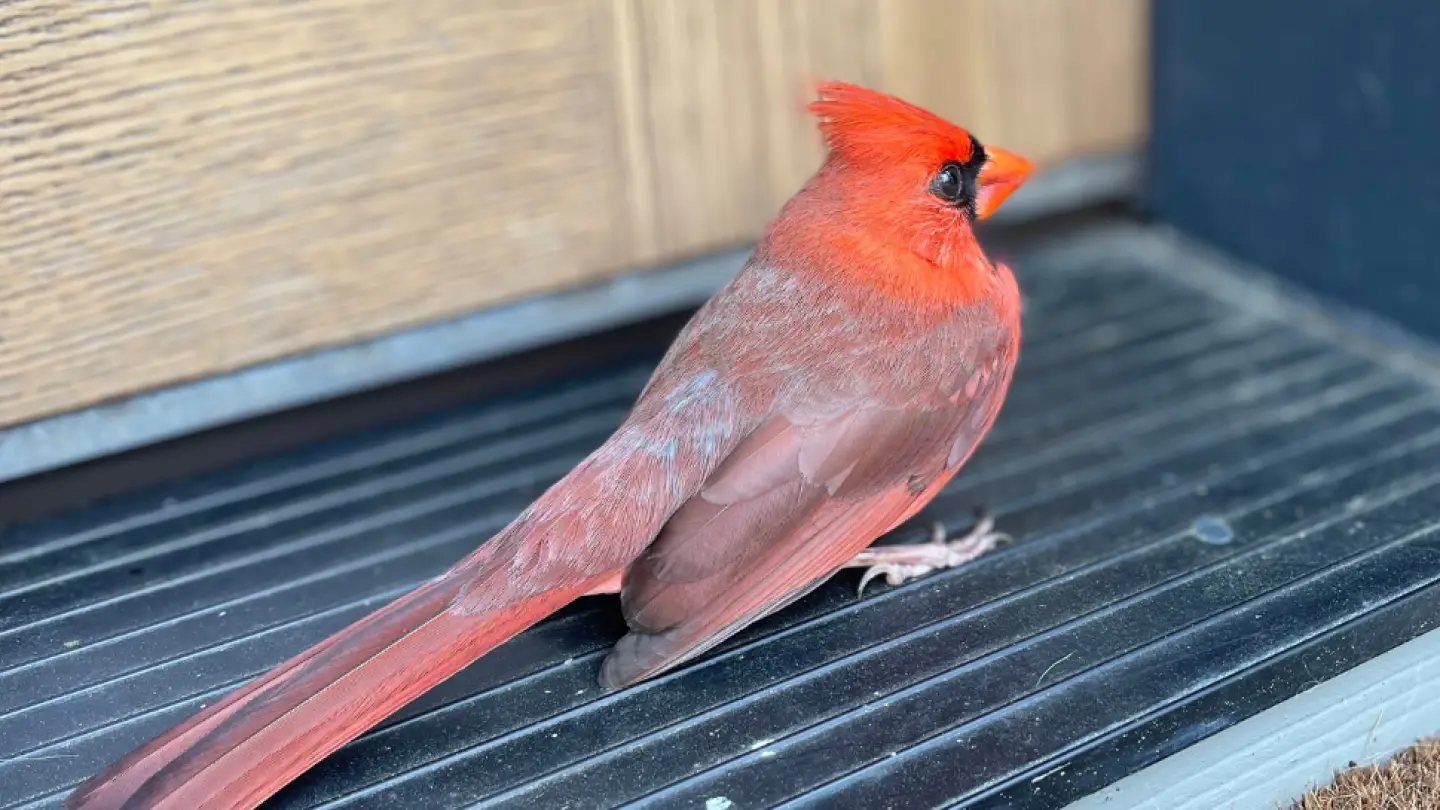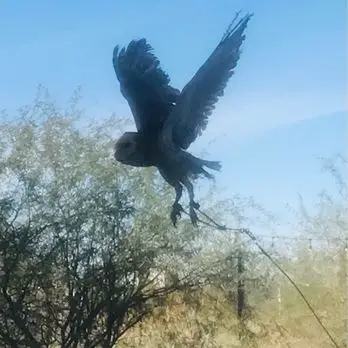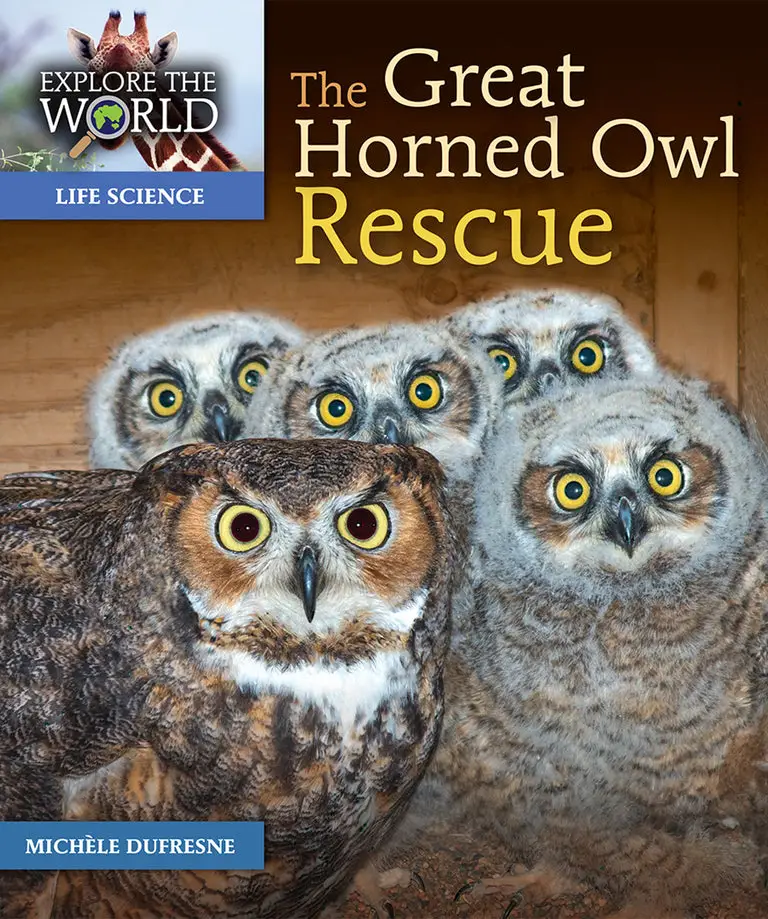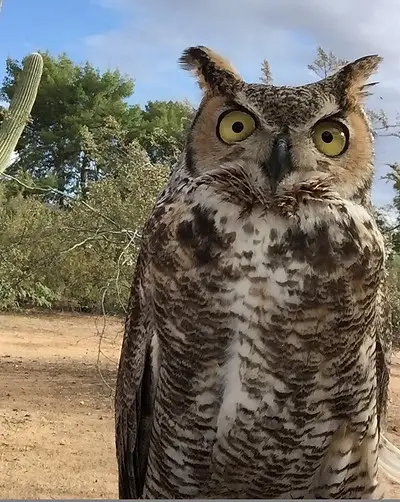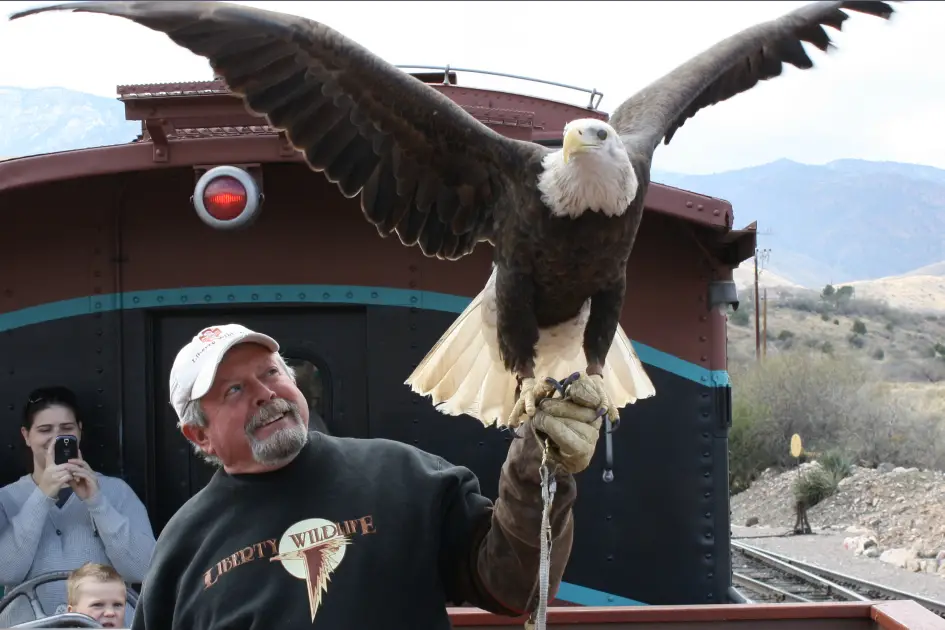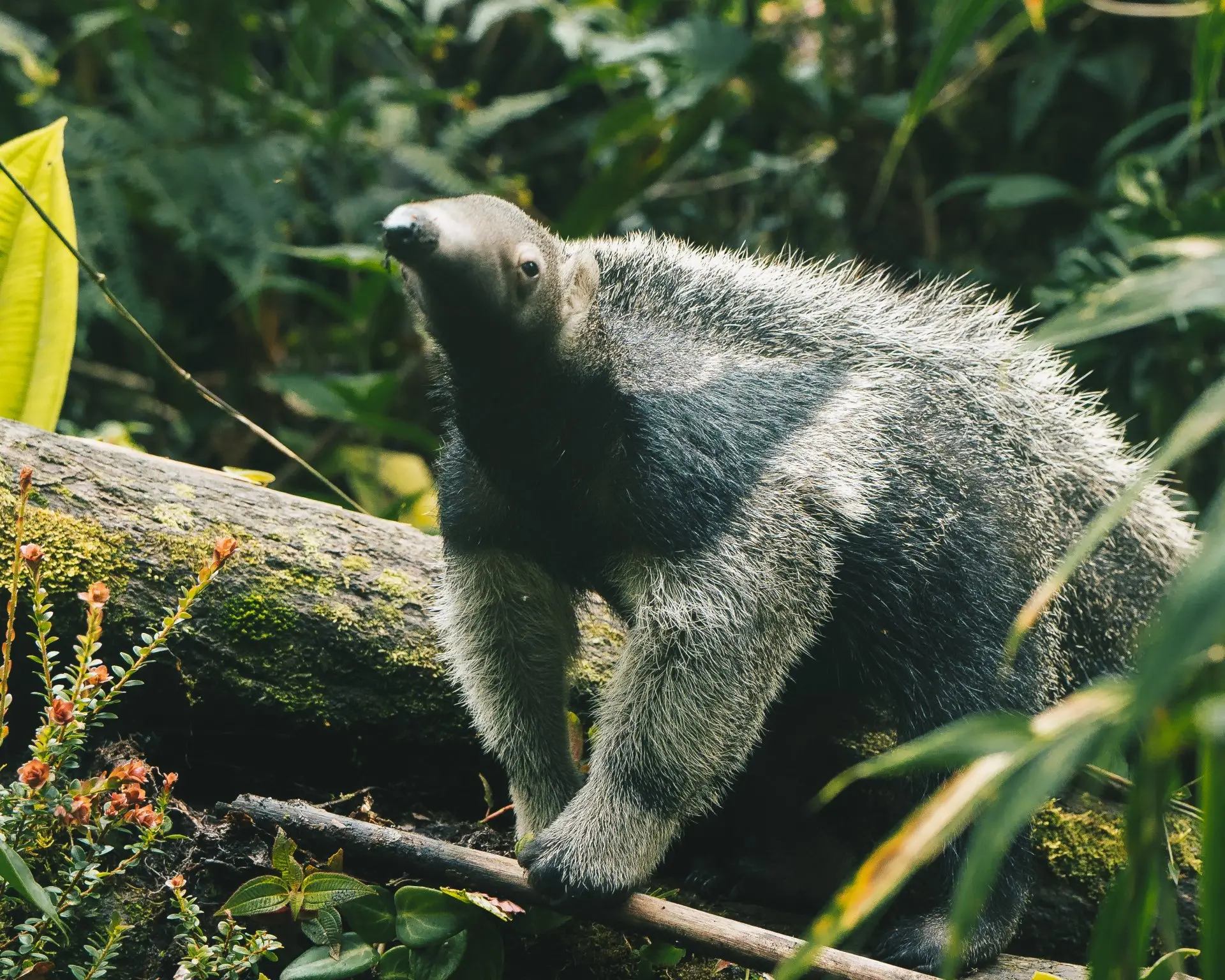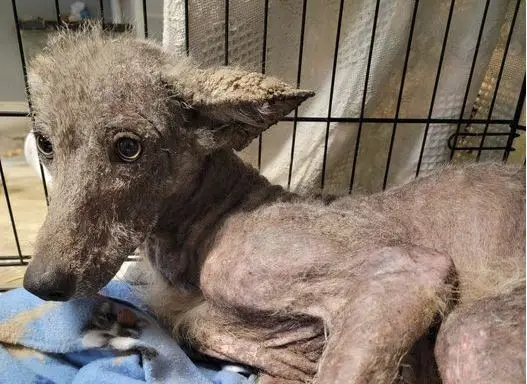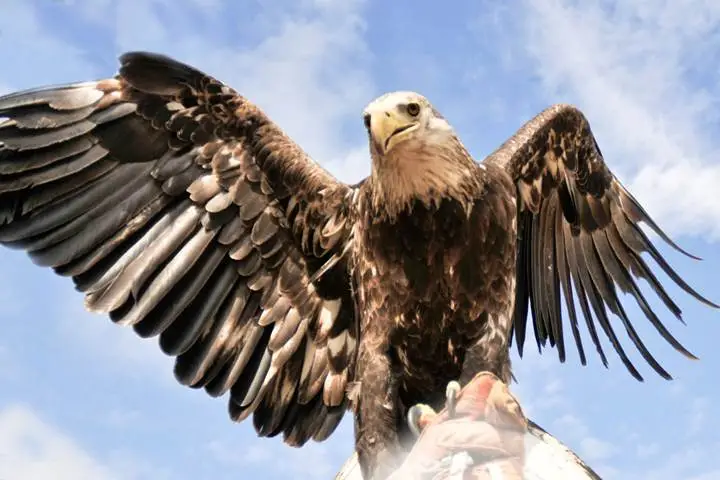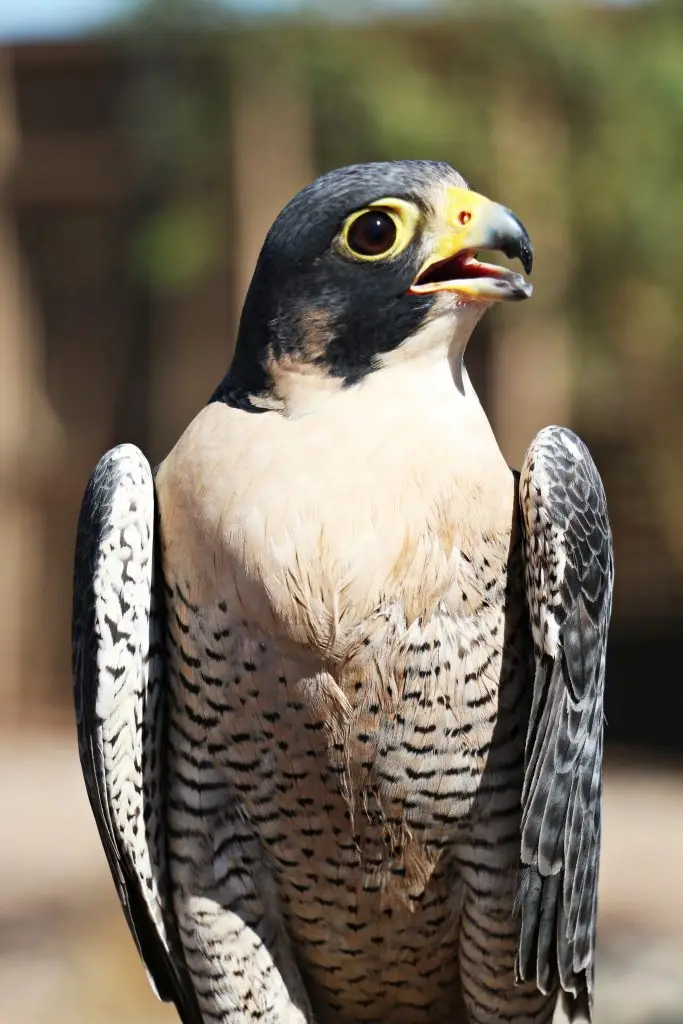Saving Wildlife The Importance of Liberty Wildlife Rescue
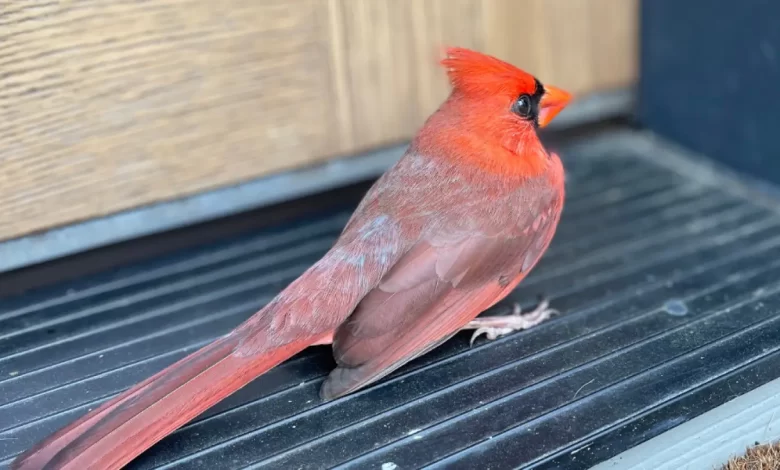
Wildlife plays an essential role in maintaining the balance of our ecosystem. These animals are vital for the survival of various plant and animal species. Unfortunately, many wildlife populations around the world are facing threats such as habitat loss, pollution, and climate change.
As humans, it is our responsibility to protect and conserve these animals and their habitats. One way we can help is by supporting wildlife rescue organizations like Liberty Wildlife Rescue. In this blog post, we will discuss the importance of wildlife rescue, Liberty Wildlife Rescue, volunteering opportunities, wildlife education, wildlife laws, conservation tips, encouraging wildlife in your backyard, the effect of human activity on wildlife habitats, and the role of technology in wildlife research and conservation.
Wildlife Rehabilitation: How to Help Injured Animals
Wildlife rehabilitation is the process of providing care and medical treatment to injured, sick or orphaned wildlife. It aims to nurture these animals until they are healthy enough to be released back into the wild. Providing first aid and calling a licensed wildlife rehabilitator is critical when you find an injured animal. Remember that wild animals are not pets and should not be handled without proper training. Here are some tips on how to help injured animals:
- Observe the animal from a safe distance.
- If the animal is in immediate danger, move them to a safe location nearby.
- Call your local wildlife rehabilitator for advice on what to do next.
- Don’t offer food or water to the animal unless advised by the rehabilitator.
- Keep pets away from the animal until it is safely transported to the rehabilitator.
By following these simple steps, you can help save the lives of injured animals.
Liberty Wildlife Rescue: A Non-Profit Organization Committed to Wildlife Rescue
Liberty Wildlife Rescue is a non-profit organization dedicated to rescuing, rehabilitating, and releasing wildlife in Arizona. It was founded in 1981 by a group of volunteers who had a passion for wildlife conservation. The organization has grown significantly over the years and now operates a state-of-the-art wildlife rehabilitation center in Phoenix, Arizona.
Liberty Wildlife Rescue rescues and cares for over 10,000 wild animals each year, including birds of prey, mammals, reptiles, and native songbirds. Some of the common injuries they treat include fractures, poisoning, dehydration, and heat stress. The organization also provides educational programs to schools and the public to promote awareness and conservation of wildlife.
Protecting Animal Welfare Society Why We Need to Take Action Now
Volunteering at Liberty Wildlife Rescue: Opportunities and Benefits
Volunteering at Liberty Wildlife Rescue is an excellent way to make a difference in the lives of animals and contribute to wildlife conservation efforts. The organization offers various volunteer opportunities, including animal care, education, fundraising, and outreach.
By volunteering at the center, you will learn how to care for injured animals and assist in their rehabilitation. You will also have the opportunity to educate others on the importance of wildlife conservation and environmental stewardship. Additionally, volunteering at Liberty Wildlife Rescue can provide personal benefits such as developing new skills, making new friends, and enhancing your resume.
The Importance of Wildlife Education for Conservation
Wildlife education plays a crucial role in promoting conservation and protecting wildlife. It raises awareness about the importance of preserving natural ecosystems and encourages individuals to take action to conserve our planet’s biodiversity. By educating people about wildlife, we can combat the threats faced by wildlife populations worldwide.
Liberty Wildlife Rescue offers a range of educational programs to schools, community organizations, and the public. These programs include interactive presentations, hands-on activities, and field trips to the wildlife rehabilitation center. Through these programs, participants learn about the different species of wildlife found in Arizona, their habitats, behaviors, and ecological roles.
Rescue, Rehabilitation, and Release: The Process of Wildlife Rescue
The process of wildlife rescue involves three main stages: rescue, rehabilitation, and release. Here is a breakdown of each stage:
Rescue
Rescue involves identifying and safely capturing an injured, sick or orphaned animal. It requires specialized skills and knowledge to ensure the safety of both the rescuer and the animal.
Rehabilitation
Rehabilitation involves providing medical care, nutrition, and nurturing to the animal until it is healthy enough to be released back into the wild. This process can take weeks, months, or even years, depending on the severity of the injury and the species of the animal.
Release
Release involves returning the animal back into its natural habitat. Before releasing the animal, the rehabilitator ensures that it is physically and mentally prepared for life in the wild. The rehabilitator also monitors the animal’s progress after release to ensure that it thrives in its natural environment.
Wildlife Laws: Understanding Legal Protection for Animals
Wildlife laws are regulations designed to protect wildlife from harm and exploitation. These laws vary by country and state and cover topics such as hunting, poaching, trafficking, and habitat destruction. Understanding wildlife laws is crucial for protecting wildlife populations and preserving their habitats.
In the United States, the Endangered Species Act (ESA) is one of the most comprehensive wildlife protection laws. It provides legal protection for threatened and endangered species and their habitats. The ESA prohibits the hunting, killing, or harming of endangered species and their habitats. Violating this law can result in severe penalties, including fines and imprisonment.
Other laws that protect wildlife include the Migratory Bird Treaty Act, which makes it illegal to hunt or capture migratory birds, and the Marine Mammal Protection Act, which prohibits the hunting or harassment of marine mammals such as whales and dolphins.
By understanding wildlife laws and reporting violations, we can help enforce these regulations and protect wildlife from harm.
Tips for Wildlife Conservation: What You Can Do to Help Protect Wildlife
There are many ways individuals can contribute to wildlife conservation efforts. Here are some tips on what you can do to help protect wildlife:
- Reduce your carbon footprint by reducing energy consumption, using public transportation, and supporting clean energy sources.
- Support wildlife-friendly products and organizations by purchasing sustainably sourced products and supporting conservation organizations such as Liberty Wildlife Rescue.
- Avoid single-use plastics and recycle whenever possible to reduce pollution and its impact on wildlife.
- Plant native plants in your garden to provide food and shelter for wildlife.
- Educate others about wildlife conservation by sharing information and encouraging them to take action.
By following these tips, we can all play a role in protecting wildlife and preserving our planet’s biodiversity.
How to Safely Encourage Wildlife in Your Backyard
Encouraging wildlife in your backyard can be a fun and rewarding experience. However, it’s important to ensure that you do so safely and responsibly. Here are some tips on how to safely encourage wildlife in your backyard:
- Provide food and water sources, such as bird feeders and bird baths, but make sure to clean them regularly to prevent the spread of disease.
- Create a habitat for wildlife by planting native plants and trees that provide food, shelter, and nesting sites.
- Avoid using pesticides and herbicides, which can be harmful to wildlife and their habitats.
- Keep pets indoors or in a designated area to prevent them from harming wildlife.
- Monitor wildlife activity in your backyard and report any unusual or concerning behavior to your local wildlife rehabilitator.
By following these tips, you can safely encourage wildlife in your backyard and contribute to conservation efforts.
The Effect of Human Activity on Wildlife Habitats
Human activity has had a significant impact on wildlife habitats worldwide. Habitat loss, pollution, and climate change are some of the most significant threats facing wildlife populations today. Here’s how human activity affects wildlife habitats:
Habitat Loss
Habitat loss occurs when natural habitats such as forests, wetlands, and grasslands are destroyed or altered for human use. This process limits the availability of resources such as food, water, and shelter for wildlife, reducing their chances of survival.
Pollution
Pollution, including air, water, and land pollution, can have a severe impact on wildlife habitats. It affects the quality of air, water, and soil, making them unsuitable for many species of wildlife. Pollution can also cause health problems and even death in wildlife populations.
Climate Change
Climate change is another significant threat to wildlife habitats. It alters weather patterns, changes temperatures, and causes extreme weather events, all of which can affect wildlife populations’ survival. Climate change also affects the migration patterns and breeding cycles of many species, making it difficult for them to adapt to changing conditions.
By understanding the impact of human activity on wildlife habitats, we can take action to reduce our impact and protect wildlife populations.
The Role of Technology in Wildlife Research and Conservation
Technology plays an essential role in wildlife research and conservation. It provides scientists and researchers with new tools and techniques for studying and monitoring wildlife populations. Here are some examples of how technology is used in wildlife research and conservation:
- GPS tracking devices are used to monitor animal movements, migration patterns, and behavior.
- Drones provide a bird’s eye view of wildlife habitats, allowing researchers to study and map landscapes and ecosystems.
- Remote cameras are used to capture images and videos of wildlife, providing researchers with insights into their behaviors and habitats.
- Genetic analysis is used to identify individual animals and study their genetic diversity.
By using these technologies and others, researchers can gain a better understanding of wildlife populations and their habitats. This information can then be used to develop more effective conservation strategies and protect wildlife populations worldwide.
Conclusion
Wildlife rescue and conservation efforts are critical for protecting our planet’s biodiversity and preserving natural ecosystems. Liberty Wildlife Rescue is a non-profit organization dedicated to rescuing, rehabilitating, and releasing wildlife in Arizona. By volunteering at the center, supporting its educational programs, and following conservation tips, we can all play a role in protecting wildlife and ensuring a sustainable future for our planet.

